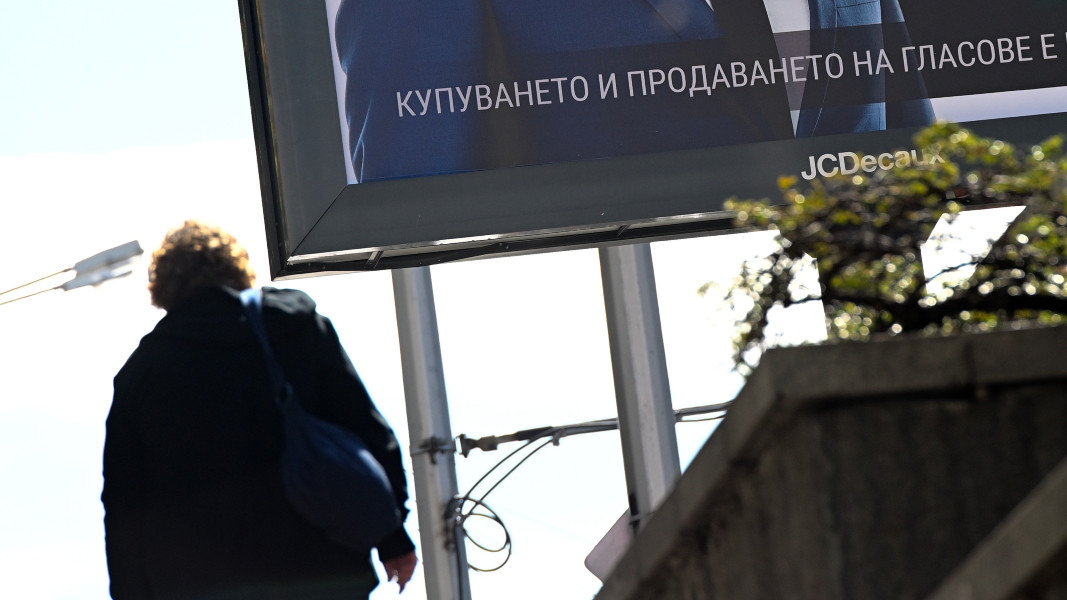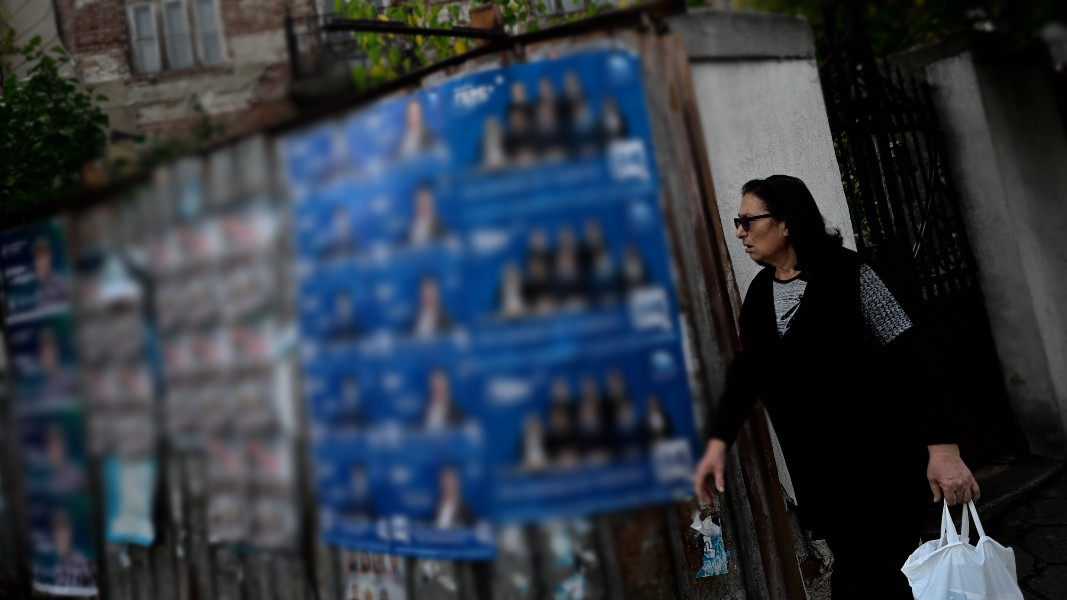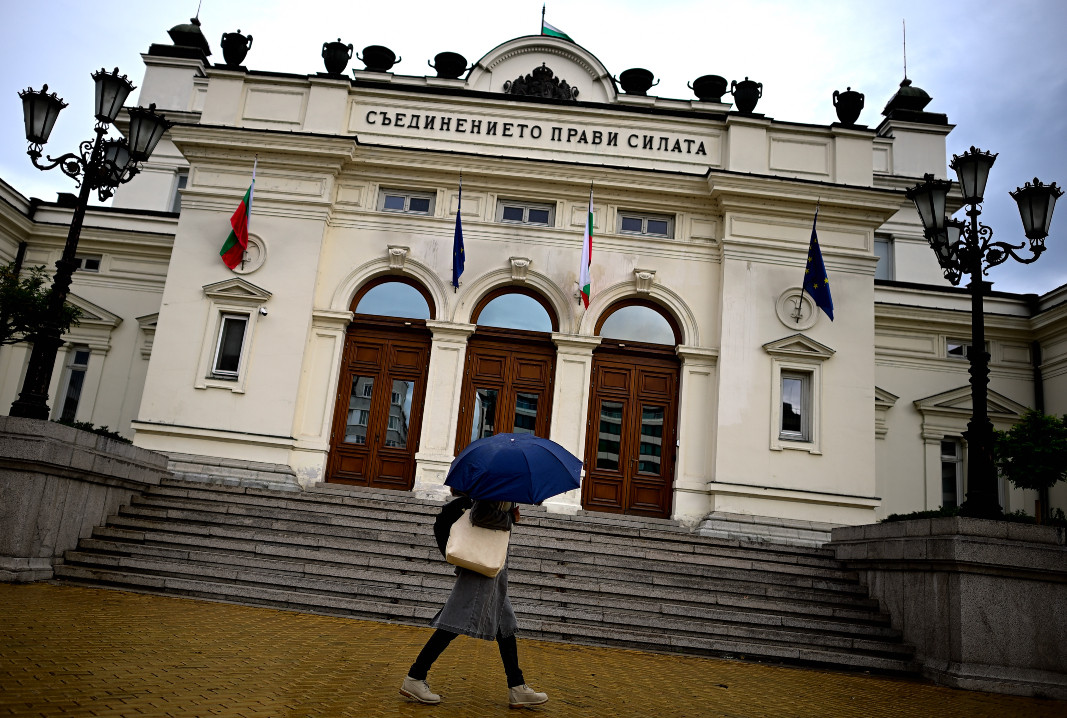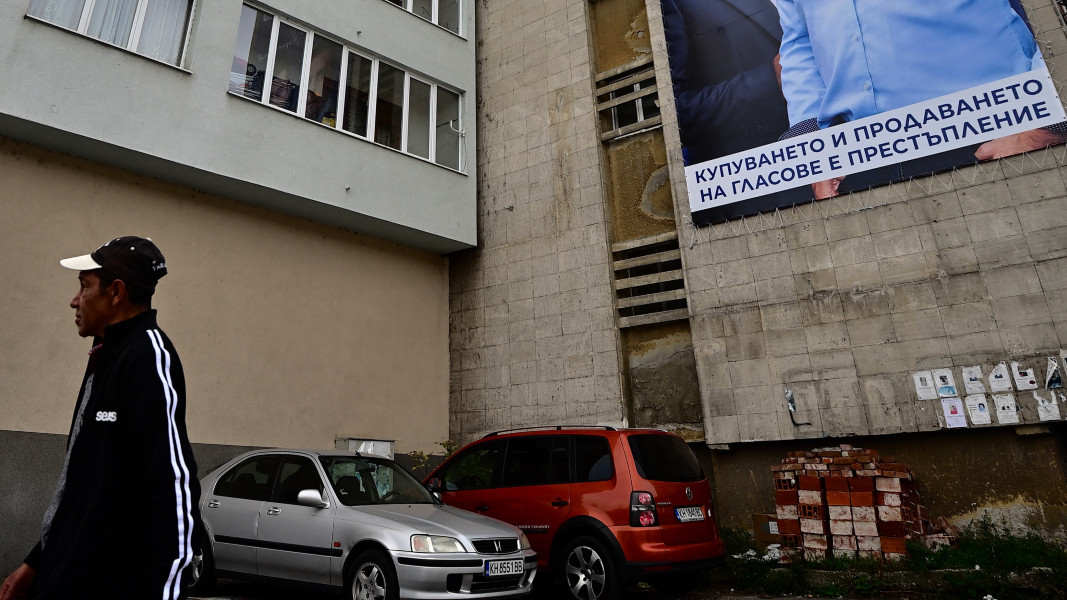
The campaign for the April 2 snap general elections in Bulgaria kicked off on March 3. The next vote will be the fifth in two years. The failed attempts to form a regular cabinet, as well as the controversy over the amendments to the Electoral Code, which allowed mixed voting (by paper ballot or machine) in polling stations with more than 300 voters, made people more skeptical about the electoral process, indicates a survey by Exacta Research Group, conducted from January 1 to February 4, 2023, among 1,050 adults in 70 Bulgarian towns. According to the survey, one in every three respondents believes that people do not go to the polling stations, because they are frustrated and disappointed, and because there is voter fatigue. One in five respondents feels strong intolerance towards the political elite, which demotivates Bulgarians to vote. Meanwhile, according to 14% of the polled, people do not go to the polling stations, because they can’t choose their favourite party. 13% of the respondents no longer believe that elections could change something in the country. According to 7% of the respondents, there is a growing distrusts in the fairness of the vote, elections are predetermined and manipulated and voting is meaningless. Another 7% have difficulties with machine voting and doubt the credibility of results summarized by the voting machine at the end of the polling day.

“I am highly disappointed in everyone. I found out that they mostly care about themselves. However, they should care about people first”, a female respondent from Smolyan district said in a poll conducted by the BNR’s correspondent Radostina Chernokova.
A male respondent from the same region answers with a quote by Bulgarian revolutionary Hristo Botev”:
„„Falsehood and slavery reign on this desolate land! “I can’t say it any better. Everybody lies through their teeth".
Respondents from the capital city Sofia express similar opinions:
“I have stopped informing myself about any political issues over the past two years and I am unlikely to vote. I have heard and watched all kinds of manipulations. I am not a person who can change his mind at the last minute and choose a particular party" – a middle-aged man contends.
“Election debates are not that important because they usually focus on the rhetorical skills and the charisma of the parliamentary candidates, not so much on their political programme. The debates are also marked by scandals which have nothing to do with the political process and the mainstream issues", another respondent said as to whether election debates would help voters make their choice.

Voter fatigue is visible and justified, contends Rosen Stoyanov, Professor of Public Communications and Information Sciences at New Bulgarian University.
"People are fed up with voting for one or another political force which is also the result of the parties’ desire to heat up the atmosphere with confrontation. Perhaps some of the bigger forces like the lower voter turnout and reap political dividends from this situation, because only the hard-core supporters, who are easier to reach and manipulate, cast their ballots."

The high number of people who deliberately refuse to exercise their right to vote is a direct consequence of the latter:
“It is noted that the main political parties are sending out their messages to their hard-core supporters - political scientist Milen Lyubenov notes – To be successful, a big party needs to find the right messages and attract hesitant voters, as well as people who are disillusioned with parties and politicians, but not with the political process. The high voter turnout is important for the parties, or at least for those who want to govern", said Milen Lyubenov.
Compiled by: Ioan Kolev
English version: Kostadin Atanasov
Photos: EPA/BGNES-archiveBulgaria participates in the Global Money Week initiative for yet another year. Global Money Week is an annual global awareness-raising campaign to ensure that young people, from an early age, are financially aware, and are gradually acquiring the..
Bulgaria, as distant as a mirage, has become a beloved land for a man who has never set foot in this country. For nearly 50 years, Mr Jayanta Chakrabarti has been closely following everything that happens here and probably knows more about our history and..
The Republic of North Macedonia is in seven days of mourning. The town of Kočani, where a fire in a disco club took the lives of at least 59 people – mostly young people and children, aged 14 to 25 – is shrouded in silence today. "The..
Bulgaria, as distant as a mirage, has become a beloved land for a man who has never set foot in this country. For nearly 50 years, Mr Jayanta Chakrabarti..
Bulgaria participates in the Global Money Week initiative for yet another year. Global Money Week is an annual global awareness-raising campaign to..

+359 2 9336 661
